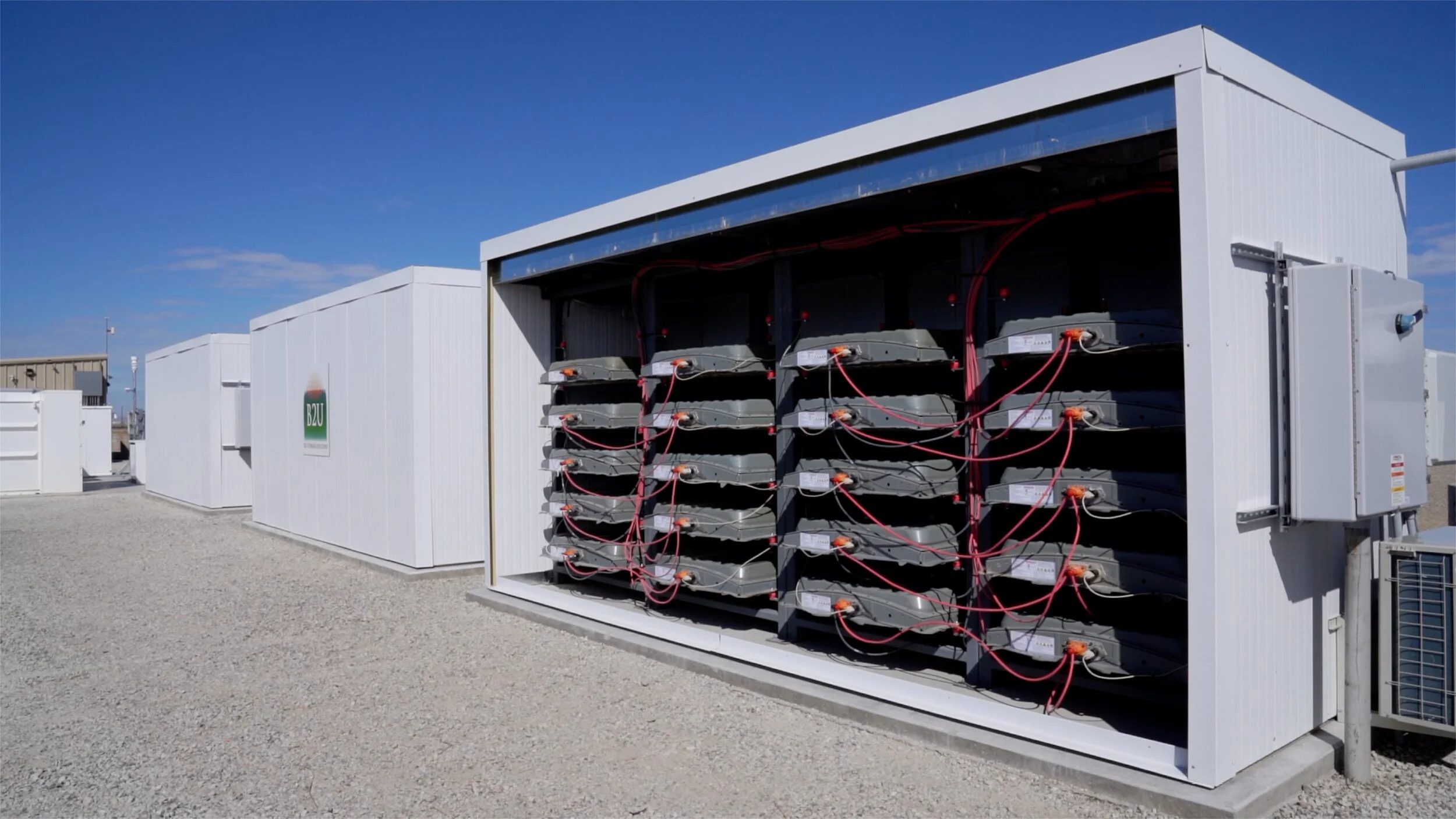This Southern California solar farm is using retired EV batteries for storing the power and then send to the grid when needed. This way the retired batteries can extend their usefulness for several...
This Southern California solar farm is using retired EV batteries for storing the power and then send to the grid when needed. This way the retired batteries can extend their usefulness for several...

grist.org
Where could millions of EV batteries retire? Solar farms.

This Southern California solar farm is using retired EV batteries for storing the power and then send to the grid when needed. This way the retired batteries can extend their usefulness for several...::A Southern California company is showing how repurposing EV batteries for stationary storage can extend their usefulness for several years.